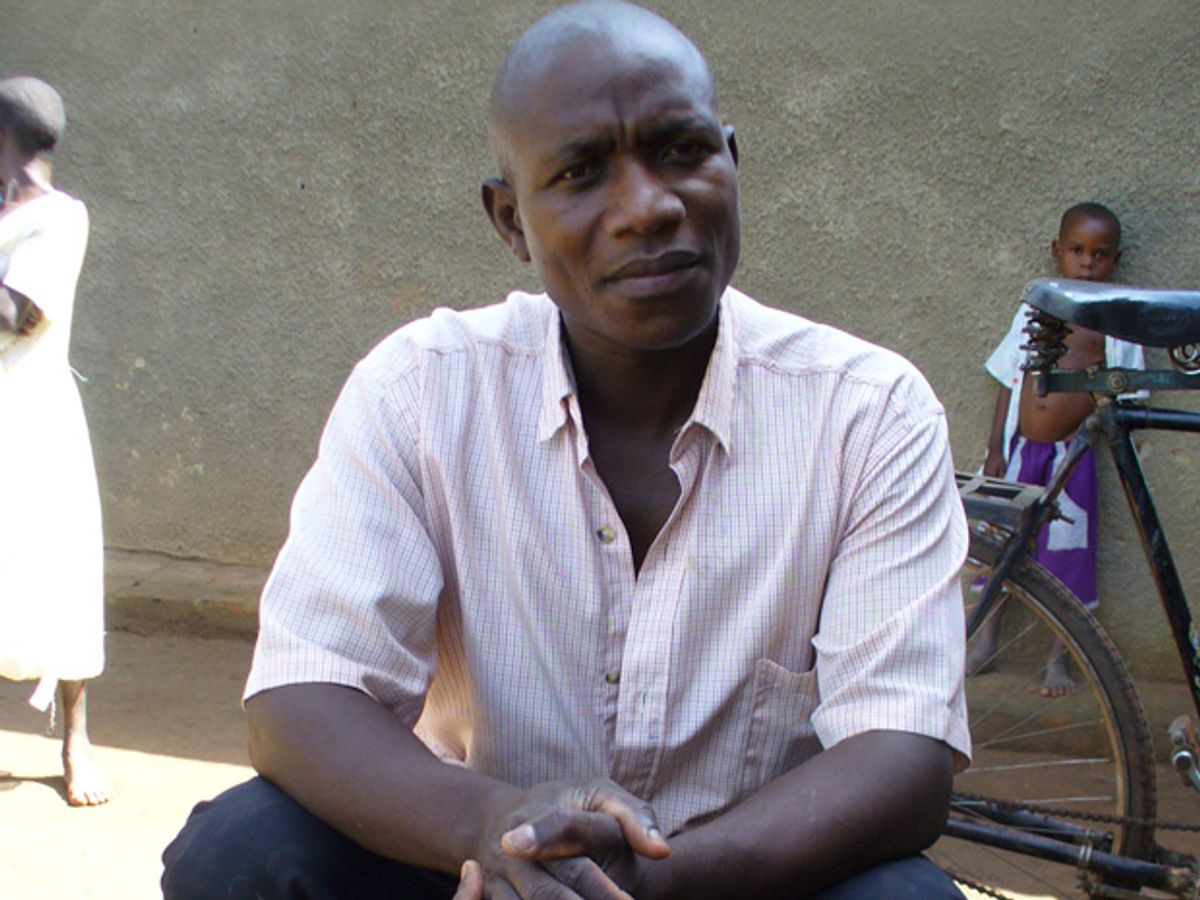The swift technological response to the deadly Ebola virus highlights the power of new technologies to engage urgent human problems—and also reveals the limits to engineering solutions to emerging diseases.
Crises spawn innovations. In the face of seemingly unstoppable threats, new technologies are rushed into service, aided by removing normal constraints on adoption. New clinical trials are planned, resources mobilized. More risks are taken because humans facing death accept novel improvisations.
In the case of Ebola, the results are heartening. Enough infected people have been saved to raise the hope of a general cure. Yet the lessons aren’t clear. Ebola and other lethal infectious diseases confuse as much as they clarify the potential for technology to improve the health of sub-Saharan Africans, who live under the highest incidence of infectious diseases in the world.
Even if Ebola is knocked down, Africans face chronic ailments such as diabetes and heart disease, which arise as more Africans prosper and adopt sedentary, calorie-rich lifestyles. They still fight malaria and many neglected tropical diseases. And they also suffer from a high rate of HIV/AIDS.
The mobile phone, Africa’s most important digital technology, is boosting African health as it emerges as a platform for diagnosis and treatment. In 2000, few Africans had a phone; today, about three-quarters do. Mobile phones also give Africans the chance to engineer their own solutions. At Uganda’s Makerere University, for instance, researchers are designing software that turns phones into microscopes. Others are using computers to predict the spread of malaria and to translate medical advice from English into local languages.
In parallel, a slew of global innovators are bringing instant diagnostics to market. Like Daktari Diagnostics [see “Portable Pathology for Africa,” in this issue], they target Africa and other regions where medical care is often absent or of poor quality. Yet information isn’t enough. Treatment costs money. Fake medicines reduce confidence in therapies. Disease is often viewed as a personal failing and a source of shame. Even when patients do everything right, they may die, sowing suspicion.
These complex factors play on the mind of Sakwa, a successful 44-year-old farmer in eastern Uganda whom I’ve known since 2006. Last June, when I reached his home for a visit, his mother greeted me, and I immediately feared that Sakwa had become a widower.
Jessica, his wife, had indeed died of AIDS, despite receiving antiretroviral (ARV) drugs. She may have begun treatment too late or perhaps failed to take the required doses. Her death makes Sakwa question the power of medicine, which is unfortunate—because he has AIDS, too.
On a cool morning, Sakwa drives a 2000 Toyota Corona from his village in the foothills of Mount Elgon to the city of Mbale. He picks me up and we go to the regional hospital, where he must decide whether to begin ARVs. “They make you sick, and if they don’t work, my life will be ruined and I will die anyway,” he says.
Sakwa has much to live for. He is well funded, thanks to a boom in cash crops. He owns a tractor, a truck, two small shops, and his Toyota. He doesn’t fit the stereotype of the poor, uninformed African. Yet even with a diagnosis of HIV/AIDS and tests revealing a weakened immune system, he’s uncertain.
I sit with him as he talks with a counselor. She asks him to start ARV treatment despite worries that he has waited too long to begin. “It’s worth a try,” she says. He agrees to start.
Sakwa’s predicament is Africa’s writ large. Health outcomes depend on human choices. Technologies create options, but they don’t automatically deliver benefits. New digital devices are revolutionizing our understanding of disease in Africa. That helps, but it doesn’t guarantee a revolution in health outcomes.
About the Author
G. Pascal Zachary, a veteran journalist and a professor of practice at Arizona State University, considers health-care technology for sub-Saharan Africa. Last June, on a National Science Foundation grant to study computer science in East Africa, he met with Ugandan researchers who are developing mobile-phone apps for disease detection. While such technologies are promising, he notes, “they’re just the first step in a whole chain of events that have to happen before we’ll see real progress.”
